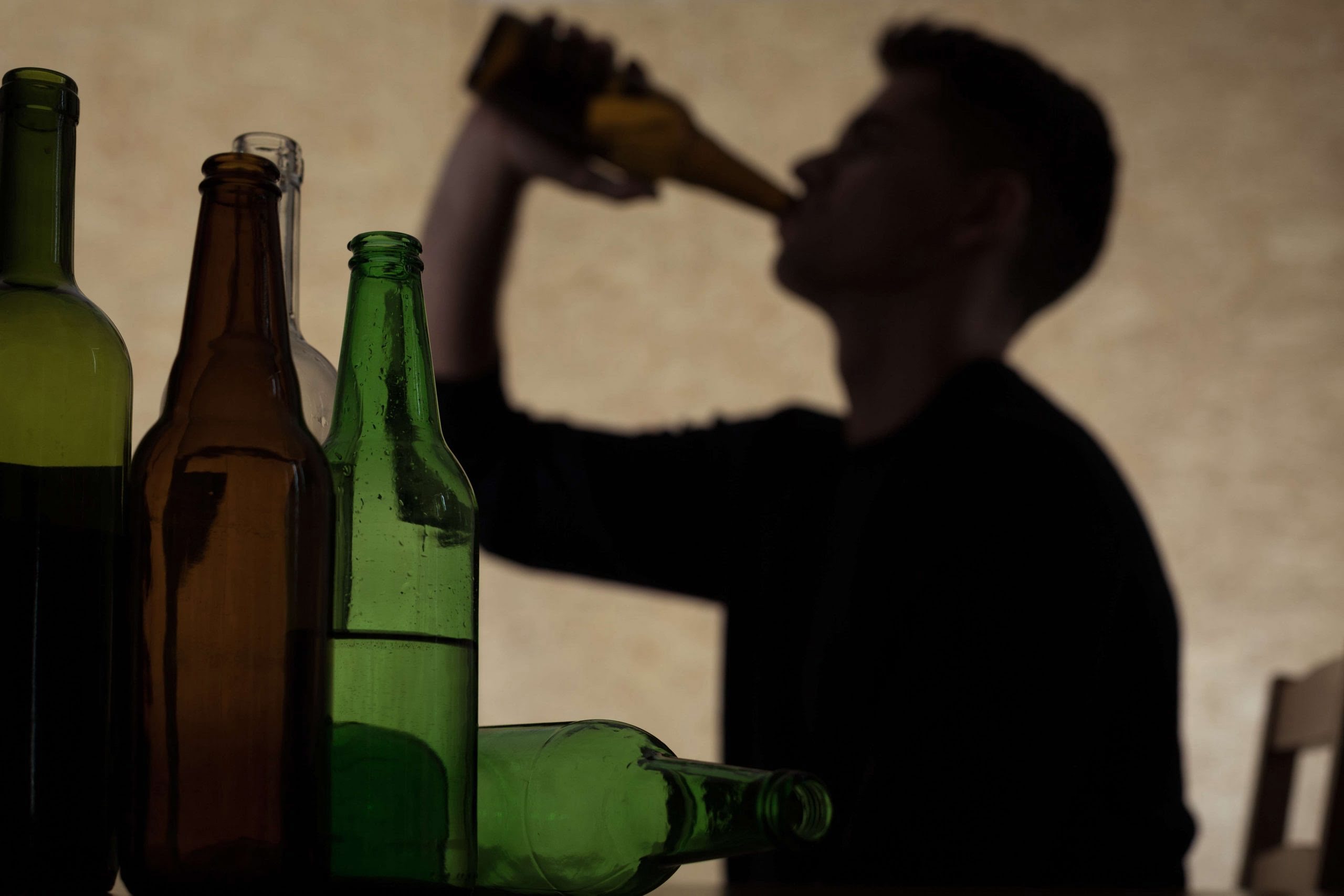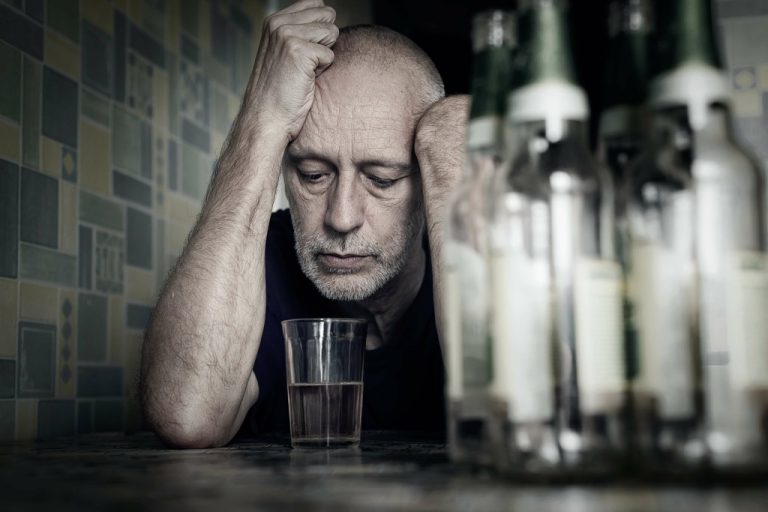PTSD and Alcohol: How Drinking Worsens PTSD Symptoms
Her purpose is to help individuals understand their past so they can create a future full of hope, growth, and success. Stephanie attributes a large portion of her success to the supportive culture and strong sense of community fostered by the Agape team. Therapies designed for PTSD, such as Cognitive Behavioral Therapy (CBT) and Eye Movement Desensitization and Reprocessing (EMDR), are highly effective.
- There are other antidepressants and anti-anxiety medicines that doctors can prescribe.
- The strong relationship is present in representative surveys of the United States, throughout Europe, and in Australia.
- The combination of these conditions can also lead to cognitive impairments, affecting memory, attention, and decision-making abilities.
- Factors such as a person’s previous mental health history, level of support, and the severity of the trauma can all influence the likelihood of developing the disorder.
- Thus, attending to and treating the trauma-related symptoms early in the process of therapy may improve the chances of long-term recovery from alcohol (Back et al. 2006; Hien et al. 2010).
Links to NCBI Databases
Trauma psychiatry is only in its infancy, partly because of resource limitations and poor local constructs for PTSD hindering treatment seeking 39. The nation’s specialized psychiatry and https://liyatejglobal.com/alcohol-allergies-symptoms-signs-and-treatment-for/ addiction treatment facilities are concentrated in the major cities and serve patients from across the country. Therapists will likely include additional behavioral therapies, like acceptance and commitment therapy (ACT), motivational enhancement therapy (MET), eye movement desensitization and reprocessing (EMDR), and mindfulness-based practices. Co-occurring treatment includes a team of professionals who focus on every aspect of your life that may lead to relapse so you have the best chance for complete recovery. An integrative team approach includes family and loved ones who love you, are affected by your AUD and PTSD, and want to help you succeed in recovery. Unfortunately, alcohol dependency can worsen PTSD symptoms and create uncomfortable side effects.
Alcohol Use Only Makes PTSD Symptoms Worse.

Simple activities like going for a walk, calling a friend, or engaging in journaling or reading can be excellent substitutes. By retraining your brain to embrace positive actions during these times, you pave the way for healthier habits. Embarking on a journey to cut down or go alcohol-free is a significant step towards a healthier, happier life. To help you along this empowering path, it’s essential to get clear on your reasons for making this positive decision. Halfway house The mission at SoberBuzz is to empower you to step into the exciting opportunity of reconnecting with your true self. Along this transformative path, you will acquire essential life skills and tools to effectively manage your emotions and confront life’s challenges without relying on alcohol as a crutch.
Categories Of PTSD Symptoms
The National Center for PTSD reports that 60 to 80 percent of Vietnam veterans seeking care for PTSD also show problem drinking behaviors. Veterans are also more likely to engage in binge drinking, consuming a large quantity of alcohol over a short period. Each VA Medical Center has treatment resources, including a PTSD-SUD specialist who is trained to treat Veterans with PTSD and substance use problems. A PTSD-SUD specialist, your primary care provider, or a mental health provider can help you explore your treatment options. COPE (Concurrent Treatment of PTSD and Substance Use Disorders Using Prolonged Exposure) is a therapy that blends trauma-focused PTSD treatment with substance use treatment.

- Each VA Medical Center has treatment resources, including a PTSD-SUD specialist who is trained to treat Veterans with PTSD and substance use problems.
- Certain demographic groups are particularly affected by the dual burden of PTSD and alcoholism.
- How the VA handles disability ratings for liver disease depends on the type of illness and the severity and frequency of symptoms.
- They experience many life-altering events, such as high-stress environments, severe injuries, violence, sexual trauma, and death.
Seeking professional treatment can help break this cycle and provide alternative methods for managing stress, anxiety, and trauma responses. This may include family members, friends, support groups, and mental health professionals. Support groups specifically tailored for individuals with co-occurring PTSD and substance use disorders can provide a sense of community and shared understanding. For those who have experienced trauma related to parental alcoholism, specialized support groups can offer valuable resources and understanding. Studies have shown that individuals with PTSD are significantly more likely to develop alcohol use problems compared to the general population. According to the National Center for PTSD, approximately 1 in 3 people who have experienced PTSD have also had problems with alcohol use at some point in their lives.

Treatment Interventions for PTSD and AUD
The experts at The Recovery Village offer comprehensive treatment for substance use and co-occurring disorders. People seeking ptsd and alcohol abuse co-occurring PTSD and alcoholism treatment need to work with treatment professionals experienced in PTSD and alcohol treatment. The Recovery Village is experienced in treating alcohol and other substance use and co-occurring disorders like PTSD. However, veterans with alcohol use disorder linked to their service-connected conditions, like PTSD or chronic pain, may still be owed monthly disability compensation. Veterans who misuse alcohol because of pain or mental health problems may prevent them from doing physical or sedentary work comfortably.

Leave a Reply